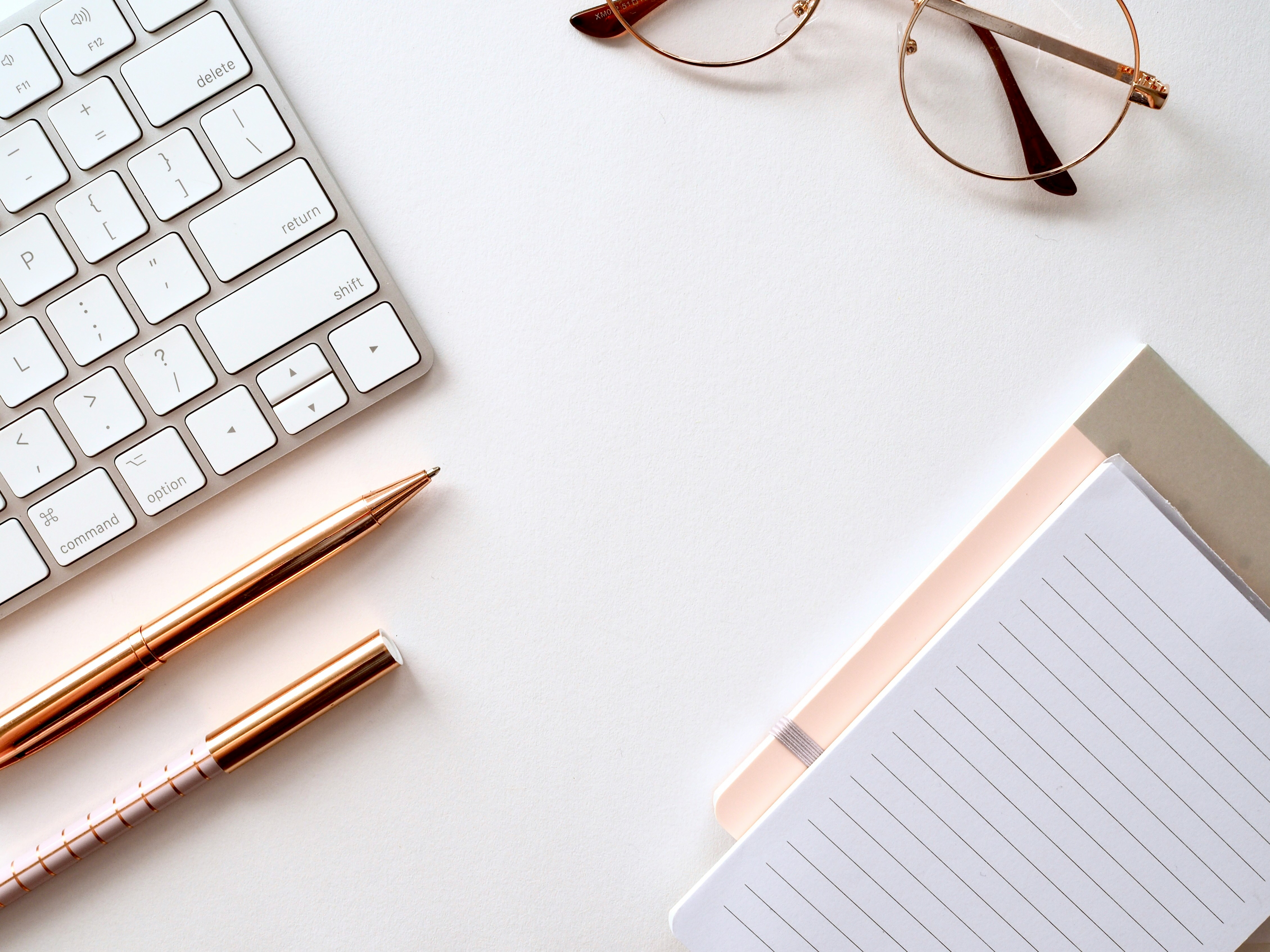With more and more people facing the reality of quarantine and social distancing due to the coronavirus pandemic, individuals are left to figure out how to preserve their mental health at home.
According to a recent study from The Lancet, the psychological effects of quarantine can be significant, resulting in a multitude of mental health concerns ranging from anxiety and anger to sleep disturbances and depression. To cope with prolonged social isolation, here are five activities to keep your mind and body healthy at home.
Create a Routine

Failing to create a routine for yourself can leave you feeling stressed, sluggish, and overwhelmed. Aim to wake up at a reasonable time, change out of your pajamas, take a shower, eat breakfast, and draft a to-do list of all the things you want to accomplish each day to create a sense of normality and productivity.
Even if you’re not working from home, sticking to a routine can help you organize your day and boost your productivity.
Take Care of Your Body

During quarantine, make sure to set aside time to take care of yourself and listen to your body. Aim to eat a healthy and balanced diet, get plenty of sleep, and exercise daily. Try moving your workout routine indoors using workout videos on YouTube, stretching, or practicing meditation.
If you’re having trouble sticking to a balanced diet, incorporating a daily supplement can promote longevity. All-natural NAD+ supplements boost DNA repair to keep cellular levels in balance, promote healthy aging, and encourage weight management. With the help of NAD+ supplements, sirtuins work to increase collagen production, reduce fine lines and wrinkles, and help prevent skin cancer.
Combined with exercise, NAD+ supplements also lower risks of mortality and health conditions. To find out more about the top NAD+ supplements on the market, visit calerie.com.
Stay Connected

Talking to a therapist is beneficial for numerous reasons—not only does it help with mental health concerns like depression, stress, and anxiety, but it can be extremely useful during periods of acute stress. If you’re struggling to cope with the stress of quarantine and the coronavirus pandemic, teletherapy can help you find strength and express your feelings from the comfort of your own home. The Therapy Group of DC uses HIPAA-compliant systems to connect patients to online therapists, allowing anyone with an Internet connection to enjoy access to valuable teletherapy services.
In addition to teletherapy, use Facetime, social media, text messages, and phone calls to your advantage to stay in touch with friends, family, and colleagues and keep your sanity during self-isolation.
Avoid Burnout

It’s easy to suffer from burnout when you’re working from home full-time. Set strict limits for your work to avoid overworking yourself, and schedule times for breaks throughout your workday.
Don’t cut your breaks—especially your lunch hour—short. Try using an app, like TimeOut for Mac or Smart Break for Windows, to keep yourself from working for 60 minutes. If you find yourself returning to your desk after only 45 minutes, walk away until your break is complete.
Additionally, work on different tasks to break up your day and, whenever possible, change your environment when working on different activities. For example, separate your at-home workspace from the space where you relax by moving your desk to the opposite side of the room from your couch.
Take One Day at a Time

Self-isolation and working from home can be stressful, but remember to take one day at a time. While it’s important to allow yourself to feel negative emotions, try not to project too far into the future, and keep in mind that your situation is temporary.
The coronavirus pandemic is unprecedented, and it’s normal to feel stressed and anxious given the current situation. Ultimately, setting aside time to take care of your mind and body can help you cope during the quarantine. Click here for more information about prioritizing mental health during the coronavirus quarantine.